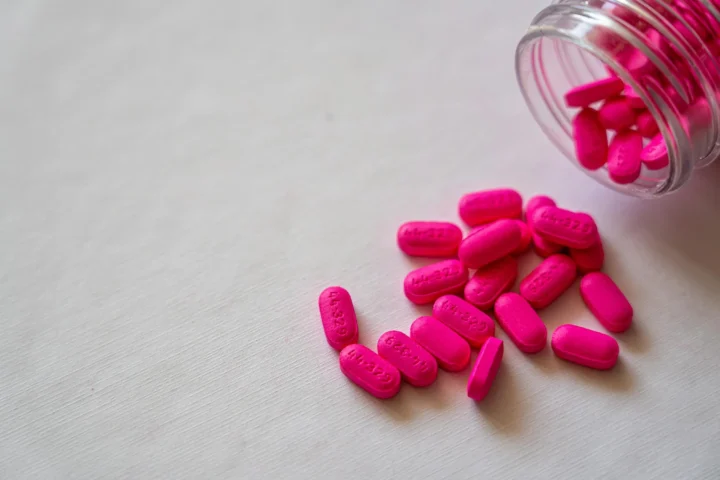The Food and Drug Administration (FDA) confirmed Thursday that Eli Lilly’s tirzepatide-based medications, Zepbound and Mounjaro, are no longer in shortage. This decision requires compounding pharmacies to cease production of alternative versions within 60 to 90 days.
“FDA may still take action regarding violations of any other statutory or regulatory requirements, such as to address findings that a product may be of substandard quality or otherwise unsafe,” an FDA spokesperson stated.
The ruling follows a complex regulatory path. In October, the FDA initially declared the shortage resolved but reconsidered after the Outsourcing Facilities Association filed a lawsuit challenging the decision. During the re-evaluation period, compounding pharmacies continued producing alternative versions.
Scott Brunner, CEO of the Alliance for Pharmacy Compounding, expressed reservations: “Though the agency is doubling down on its October 2 shortage resolution, there’s still litigation out there.”
Market and Patient Implications
Eli Lilly’s stock traded at $758.90, down 1%, while Novo Nordisk shares decreased 3.5%. Hims & Hers Health, which offers compounded versions of similar medications, saw its shares drop 10% to $24.74.
The FDA spokesperson stated that compounding pharmacies have until February 18, 2024, to distribute their remaining supply, while 503B compounding facilities have until March 19, 2024.
Insurers generally cover Lilly’s and Novo’s drugs for diabetes, but many do not cover them for weight loss. This has led many patients to pay out of pocket for compounded versions.
More Stories
Industry Response and Ongoing Developments
Eli Lilly maintained its position throughout the legal proceedings. A company spokesperson stated that “anyone marketing or selling unapproved tirzepatide knockoffs must stop.”
Bernstein analyst Courtney Breen noted the decision suggests the end of the “compounder-spree” approaches, projecting modest impact on prescription volumes in 2025.
The FDA confirmed Novo Nordisk’s Wegovy remains in shortage. The Alliance for Pharmacy Compounding reported hundreds of thousands of patients currently use compounded versions of semaglutide.
Legal proceedings continue as stakeholders navigate the regulatory landscape. The FDA’s decision marks a pivotal moment in the ongoing discussion about drug availability, patient access, and pharmaceutical regulation in the United States.


















